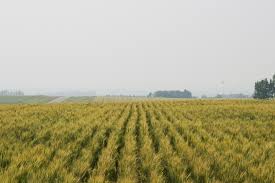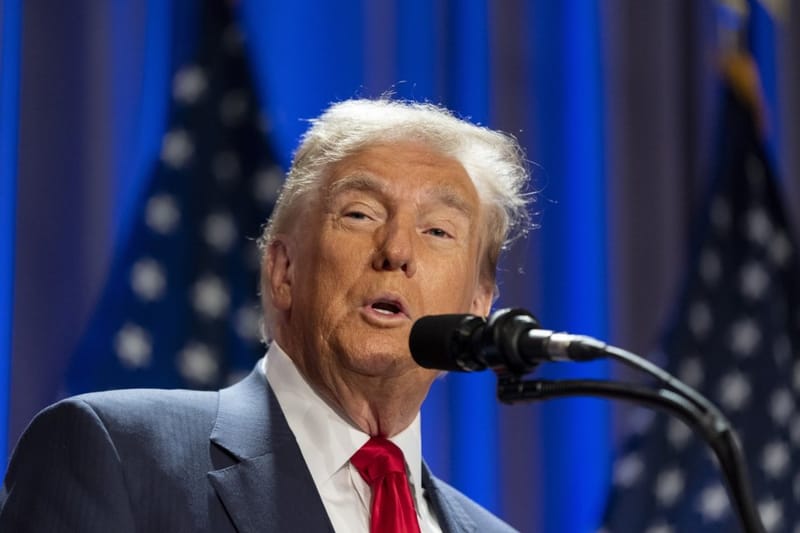It is safe to plant genetically engineered wheat, according to the United States
Bioceres has also received regulatory approval for food and feed use in Nigeria, Brazil, Colombia, Indonesia, and South Africa, with HB4 wheat currently being grown in Argentina and Brazil.

The U.S. Department of Agriculture (USDA) announced on Tuesday that a type of genetically modified wheat developed by Argentina’s Bioceres Crop Solutions can be safely grown and bred in the United States.
This genetically modified wheat, known as HB4, is designed to tolerate drought. However, Bioceres still needs to complete additional steps, such as field trials, which will take years before it can be commercialized, according to U.S. Wheat Associates.
USDA’s finding marks a significant step forward for genetically modified wheat in the U.S., offering potential benefits to farmers dealing with drought and severe weather conditions, despite some consumer concerns.
“Wherever wheat is grown in the world, drought takes its toll on yields and quality, so an innovation like HB4 holds a lot of interest for growers like me,” said Michael Peters, an Oklahoma wheat farmer and past chairman of U.S. Wheat Associates.
Genetic modification involves altering a plant’s DNA by transferring genes from one organism to another and is commonly used in crops like corn. However, some consumer groups oppose genetically modified wheat due to health concerns, as it is used in products like bread and pasta.
According to U.S. Wheat Associates, USDA’s decision on HB4 wheat represents a more advanced stage of review for genetically modified wheat than has been seen previously.
Bioceres has not commented on the USDA's announcement. The company has noted that opposition to genetically modified wheat is diminishing due to rising food prices and the ability of GM crops to withstand drought and pests, which can reduce famine risks.
In May, Bioceres began selling genetically modified wheat seeds in Argentina, marking the first commercial availability of this technology worldwide. The U.S. Food and Drug Administration (FDA) completed a review of Bioceres' wheat in 2022 with no further questions.
The FDA ensures the safety of food from new GM crops, while the USDA assesses their impact on agriculture and the environment.
Bioceres has also received regulatory approval for food and feed use in Nigeria, Brazil, Colombia, Indonesia, and South Africa, with HB4 wheat currently being grown in Argentina and Brazil.
However, major U.S. wheat buyers, including Mexico, the Philippines, and Japan, have not yet approved it.
Twenty years ago, Monsanto Co attempted to commercialize wheat engineered to withstand its Roundup weed-killer but halted the effort in 2004 due to international buyers threatening to boycott U.S. wheat. Bayer AG acquired Monsanto in 2018.





